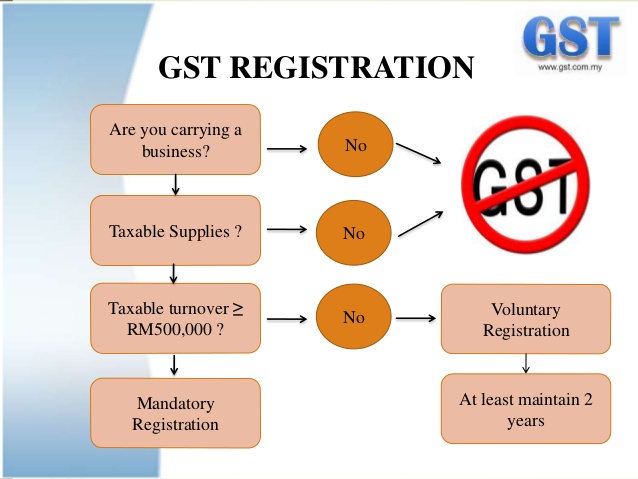How to Find the Best GST Registration Services in Singapore Promptly
Wiki Article
Throughout: The Ultimate Roadmap to GST Registration for Companies Looking For Financial Stability
Navigating the complexities of Item and Provider Tax (GST) registration is an important action for companies striving for financial security. Breaking down the roadmap right into workable actions can enhance the enrollment journey for organizations looking to improve their economic standing.Recognizing GST Basics
Looking into the basic concepts of Item and Provider Tax Obligation (GST) is essential for acquiring a thorough understanding of its effects on organizations and the economic climate. GST is a value-added tax obligation imposed on a lot of goods and solutions for domestic usage. It has replaced multiple indirect taxes that existed in the pre-GST age, streamlining the tax framework and boosting simplicity of doing organization in India. Under the GST system, both items and services are strained at a particular price, which is determined based upon their category. If their annual turnover exceeds the threshold limit set by the government, organizations are required to sign up for GST. Input Tax Credit (ITC) is a considerable attribute of GST, allowing organizations to claim credit for taxes paid on inputs, decreasing the overall tax burden. Understanding the fundamentals of GST is critical for services to adhere to tax laws, handle their financial resources effectively, and add to the nation's economic growth by taking part in a transparent tax system.Qualification Standards for Registration
As of the current guidelines, the threshold limit for GST registration is a yearly accumulation turnover of 40 lakhs for services operating within a state, except for unique classification states where the limit is 20 lakhs. Additionally, specific businesses are called for to sign up for GST irrespective of their turn over, such as interstate providers, casual taxed persons, and businesses accountable to pay tax obligation under the reverse fee mechanism. It is essential for companies to completely assess their turn over and transaction types to establish their GST registration obligations properly.Documents Needed for Enrollment
Having met the eligibility requirements for GST enrollment, services need to now ensure they have the requisite papers in place to proceed with the registration procedure effectively. The records needed for GST registration generally include proof of organization constitution, such as partnership act, enrollment certification, or consolidation certificate for different kinds of businesses. Additionally, companies require to give files developing the principal business, such as a rental contract or electrical energy costs. Frying pan card of business, as well as the identification and address proof of promoters/partners/directors, are vital for confirmation objectives. Checking account statements, in addition to terminated cheques or a duplicate of the financial institution passbook, are needed to confirm the financial details supplied throughout registration. Companies have to have digital signatures ready for the accredited signatory. Making certain all these documents are organized and conveniently available will speed up the GST enrollment process, allowing businesses to follow tax policies effortlessly.Step-by-Step Registration Refine
Commencing the GST enrollment process includes a collection of structured steps to make certain a compliant and smooth registration for businesses. The initial action is to visit the GST website and load out the registration form with precise information of business entity. Following this, the applicant receives a Momentary Reference Number (TRN) look these up which is made use of to resume the application procedure if it's not finished in one go.Next, all called for documents as per the checklist supplied by the GST portal demand to be submitted. These papers usually include proof of service address, enrollment and identity proofs of marketers, financial declarations, and service entity's frying pan card.

Post-Registration Compliance Standards

Conclusion
In conclusion, services looking for financial security should comprehend the basics of GST, meet eligibility requirements, collect required records, adhere to the step-by-step enrollment process, and adhere to post-registration guidelines - Best GST registration services in Singapore. By sticking to these actions, organizations can make certain compliance with tax policies and maintain monetary security in the futureAdditionally, particular services are needed to sign up for GST irrespective of their turnover, such as interstate distributors, informal taxable individuals, and organizations accountable to pay tax under the reverse charge mechanism.Having actually fulfilled the eligibility requirements for GST registration, services have to currently ensure they have the requisite documents in place to proceed with the registration process successfully. The documents needed for GST enrollment generally consist of proof of service constitution, such as collaboration action, enrollment certificate, or unification certification for various types of services. In Read Full Report addition, businesses need to offer papers establishing the major place of service, such as a rental arrangement or electricity costs.Starting the GST registration process includes a series of structured actions to ensure a seamless and compliant registration for companies.
Report this wiki page